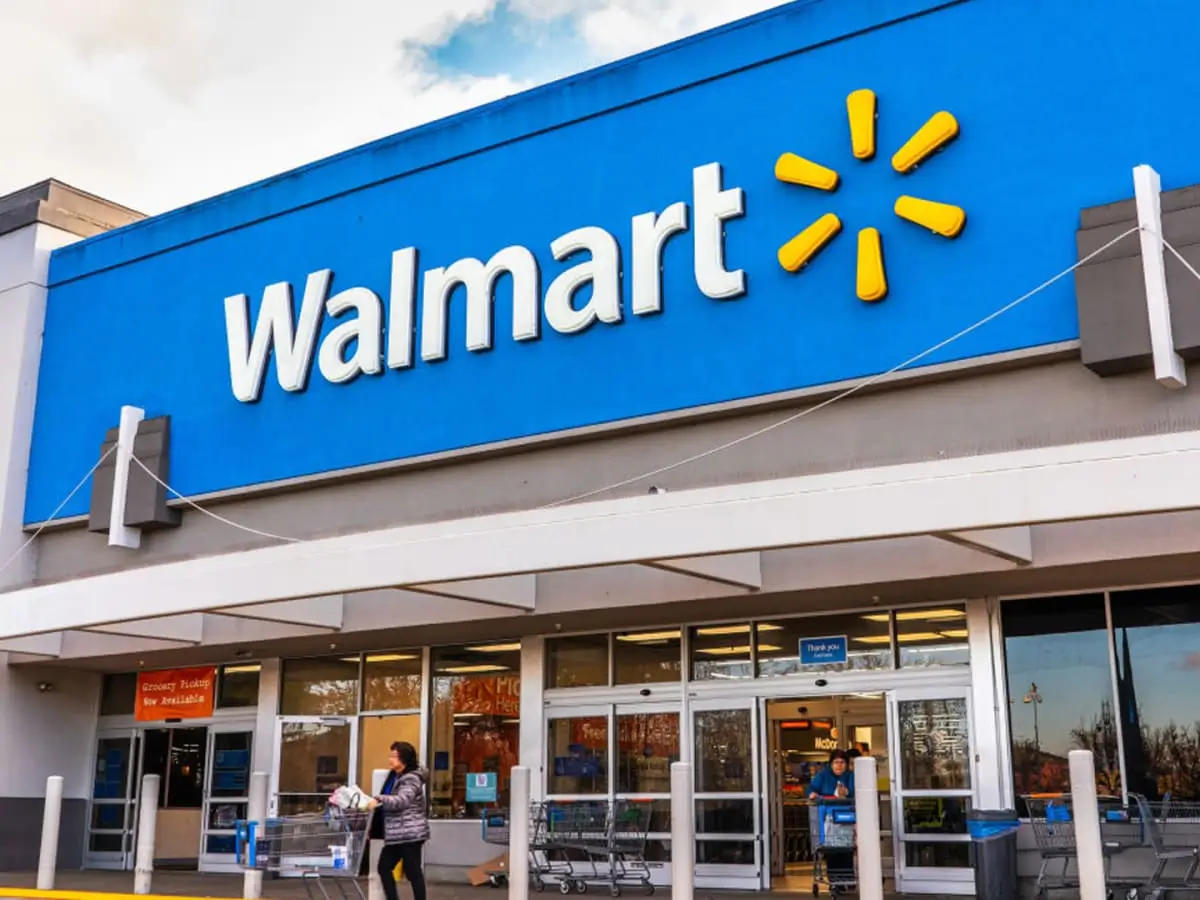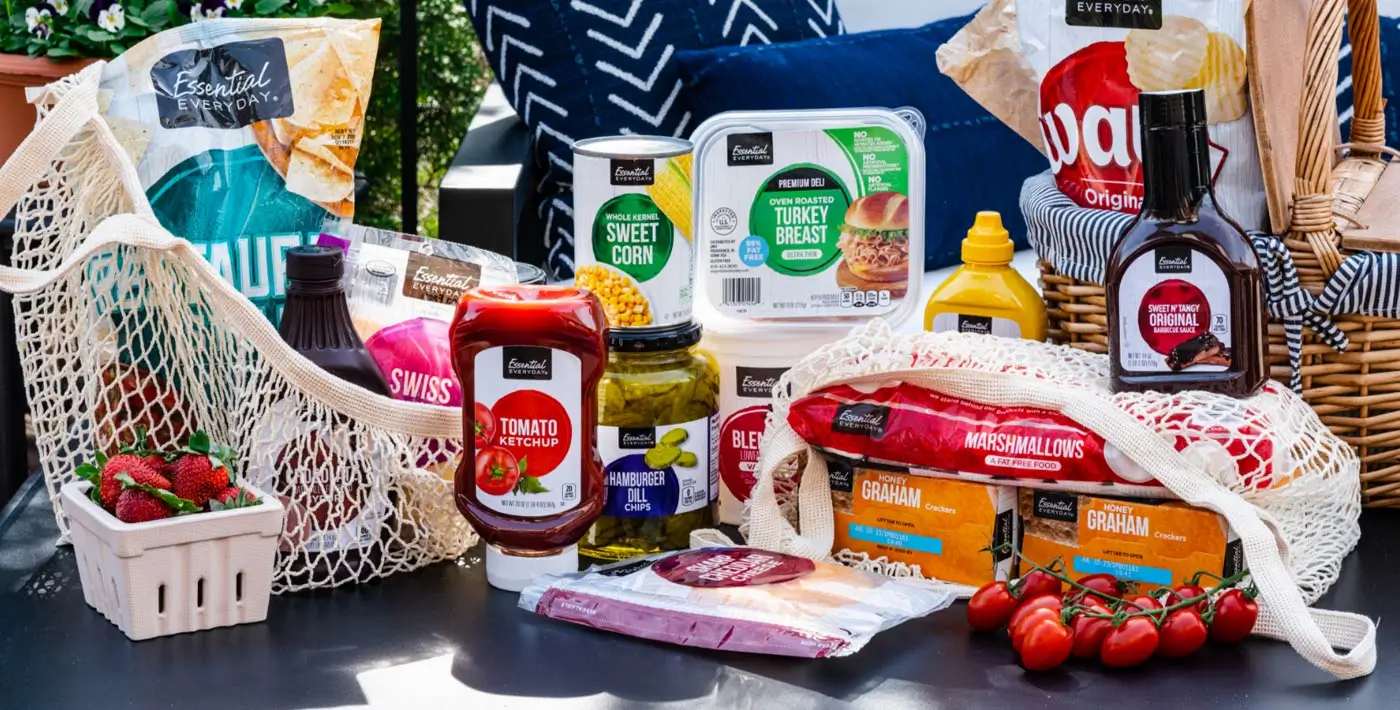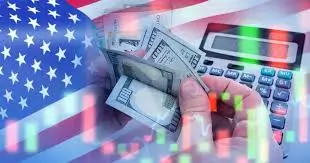Massive Price Hikes at Walmart as Company Blames Trump’s Tariffs
Walmart,the largest retailer in the U.S., has announced significant price increases across a range of products, directly attributing the hikes to tariffs imposed by former President Donald Trump’s administration. The company’s warnings, delivered during its first-quarter earnings call on May 15, 2025, highlight the escalating economic tensions of Trump’s global trade war and its ripple effects on American consumers.
Tariffs Drive Up Costs

Trump’s aggressive tariff policies, including a temporary reduction of China’s 145% duty to 30% and a universal 10% baseline tariff on imports from other nations, have pressured Walmart’s supply chain. CEO Doug McMillon emphasized that even at reduced rates, the tariffs remain “too high” for the company to absorb without passing costs to shoppers. Items like electronics, toys, and baby gear—80–90% of which are imported from China—face the steepest increases. For example, a $350 car seat may soon cost 100 more, while electronics like the Nintendo Switch 2 and Apple’s iPhone 17 could see prices surge by 33% and 25%, respectively.
Impact on Essential Goods

Beyond discretionary items, everyday essentials are also affected. Bananas, avocados, coffee, and seasonal produce imported from countries like Costa Rica and Peru are experiencing upward price pressure. Walmart CFO John David Rainey noted that food inflation is a growing concern, with banana prices already rising by 2 cents per pound since February. While the retailer aims to shield groceries from tariff impacts, McMillon acknowledged that controlling fresh food waste and supplier negotiations may only partially mitigate the hikes.
Trump’s Pushback
Trump responded sharply to Walmart’s warnings, demanding the company “EAT THE TARIFFS” in a Truth Social post. He argued that Walmart, which reported billions in profits last year, should absorb the costs rather than burden consumers. However, economists and Walmart executives counter that tariffs function as taxes on imports, inevitably raising retail prices. Treasury Secretary Scott Bessent conceded that some costs would be passed to shoppers, particularly lower- and middle-income households—Walmart’s core customer base.
Broader Economic Fallout

The tariffs have destabilized consumer sentiment, with the University of Michigan reporting a near-record-low confidence level in May due to fears of recession and inflation. Retailers across industries, including Mattel, Hasbro, and Toyota, have similarly warned of price hikes or profit losses. Walmart’s scale and domestic sourcing (60% of its products are U.S.-made) provide some insulation, but executives stress that global supply chain dependencies leave them vulnerable.
Strategic Adjustments
To mitigate impacts, Walmart is adjusting orders, sourcing alternative materials (e.g., substituting fiberglass for tariff-hit aluminum), and prioritizing value-focused marketing to retain price-sensitive shoppers. Yet, Rainey admitted the “unprecedented speed and magnitude” of tariff-driven cost increases will test these strategies, with steeper hikes expected by June.
Conclusion
The clash between Walmart and Trump underscores the broader dilemma of tariff-driven trade policies: while intended to bolster domestic manufacturing, they risk inflating prices for everyday consumers. As Walmart navigates this “dynamic operating environment,” its price adjustments signal a pivotal moment in the U.S. retail landscape—one where political rhetoric collides with economic reality. For now, shoppers bracing for higher costs may find little relief unless trade negotiations yield lasting resolutions.
 More Popular Reports
More Popular Reports
-
 Retire Smart, Not Rich: 7 Simple Money Moves I Wish I Knew at 30retire without being rich simple retirement strategies best retirement plans for low income Roth IRA for beginners debt snowball method automate savings tips index fund investing 2025
Retire Smart, Not Rich: 7 Simple Money Moves I Wish I Knew at 30retire without being rich simple retirement strategies best retirement plans for low income Roth IRA for beginners debt snowball method automate savings tips index fund investing 2025 -
 10 Beverages to Help You Sleep Betternatural sleep drinks bedtime beverages for insomnia herbal teas for better sleep
10 Beverages to Help You Sleep Betternatural sleep drinks bedtime beverages for insomnia herbal teas for better sleep
 Instagram
Instagram

 Share
Share
